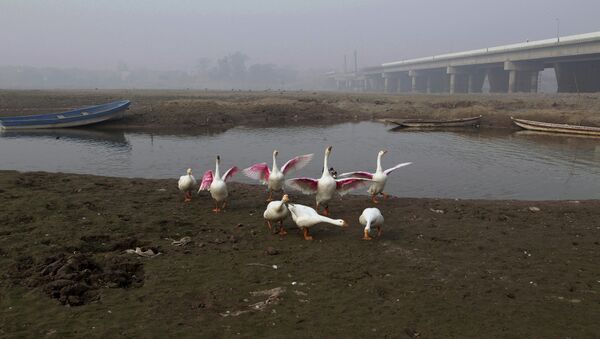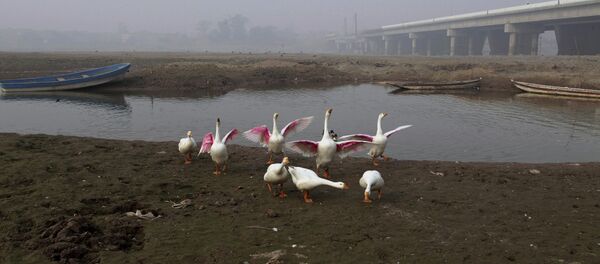"It was a tripartite agreement between three leaders and void ab initio (illegal at the outset) and hence cannot be acted upon," lawyer M. L. Sharma said in his petition.
The Indus water agreement was executed on September 19, 1960 between India, Pakistan and the International Bank for Reconstruction and Development or the World Bank. It was signed by the then Indian Prime Minister Jawaharlal Nehru, along with the then Pakistan President Mohammad Ayub Khan and W A B Iliff for the World Bank.
"There is no surprise at the Supreme Court's decision as the petition was absurd and didn't consider all legal aspects of the Indus Water Treaty," Medha Bisht, an Assistant Professor of International Relations at the New Delhi-based South Asian University, told Sputnik.
Since the Uri attack in which at least 17 soldiers were killed in the Indian Side of Kashmir, many defense experts suggested that India should use the Indus Water Treaty to put pressure on Pakistan.
"The water card is probably the most potent instrument India has in its arsenal — more powerful than the nuclear option, which essentially is for deterrence," Brahma Chellaney, a noted defense expert wrote in an op-ed article in the Times of India.
Despite this, officials from India and Pakistan met last month in Islamabad and held the Indus Water Commission talks after a gap of two years. The Indian side continues to maintain that the dialogue did not mean a resumption of bilateral talks.





